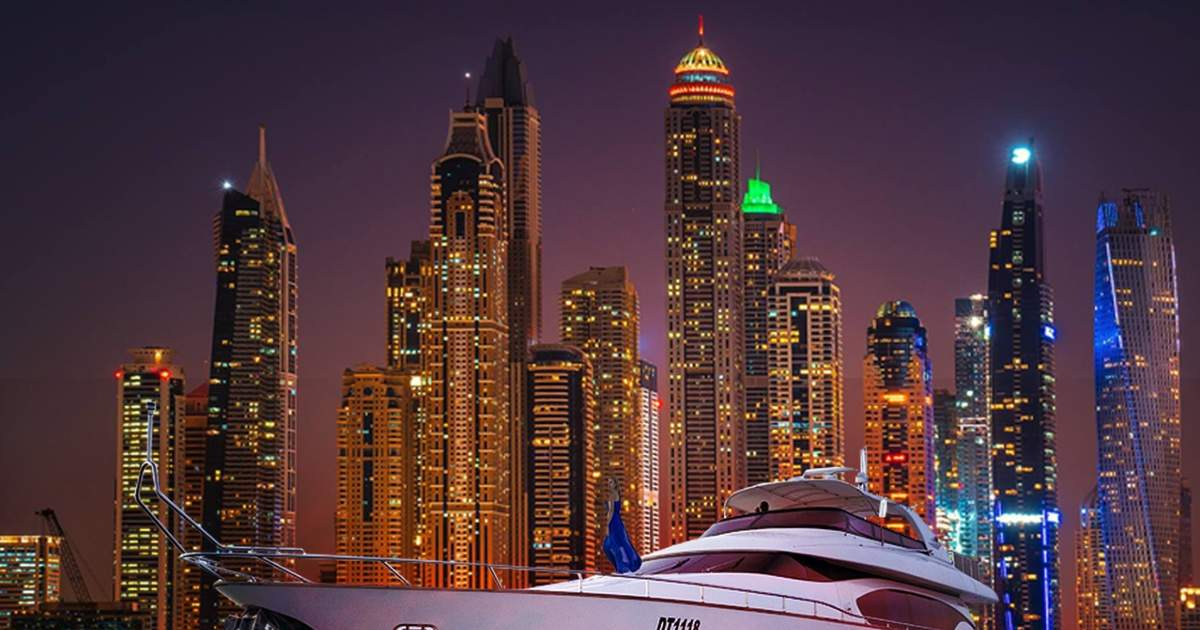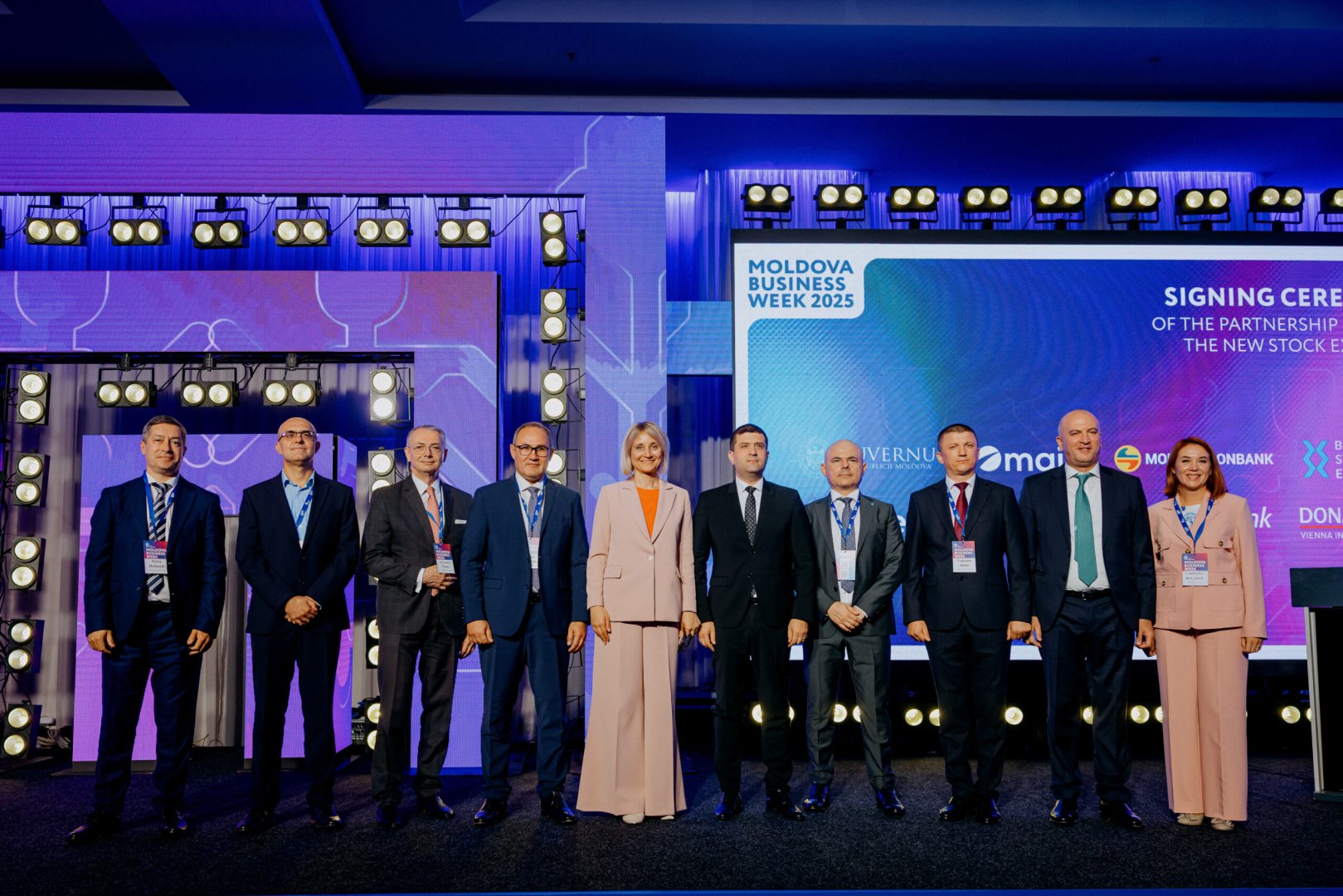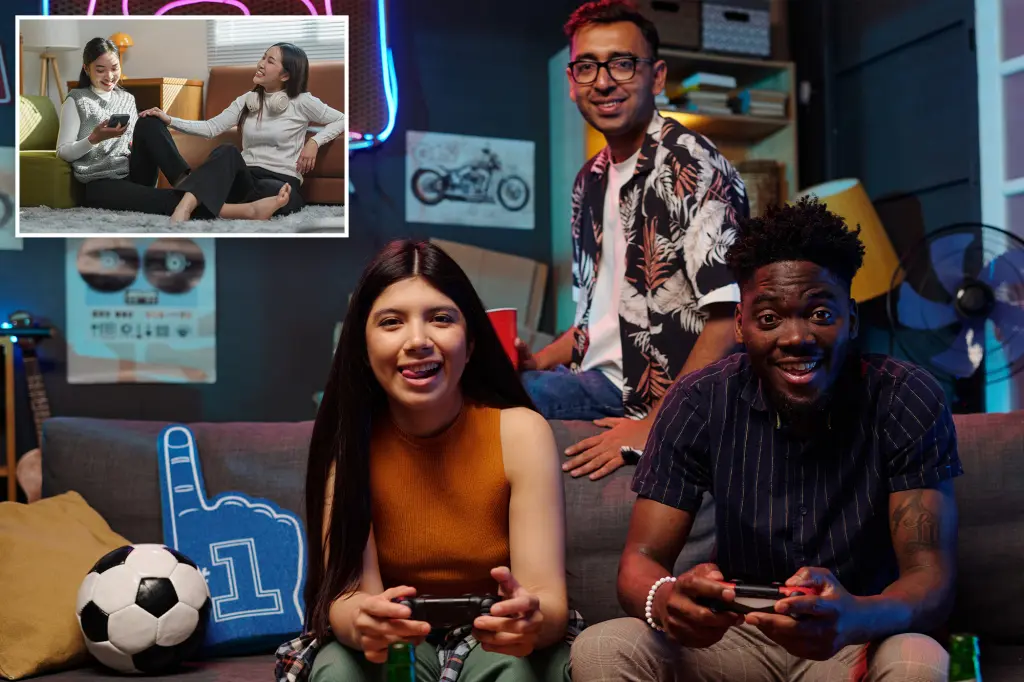By Siddhi Vinayak Misra
Copyright breezyscroll

A BBC undercover investigation has exposed an international sex trafficking ring in Dubai linked to the viral #DubaiPortaPotty trend. Vulnerable women lured by promises of legitimate work were coerced into prostitution and forced to perform degrading sexual acts for wealthy clients, including celebrities and politicians.
What sparked the investigation?
The probe began after the hashtag #DubaiPortaPotty went viral online, with rumors that female influencers were being paid extravagant sums to attend secretive “parties” where wealthy clients engaged in degrading fetishes.
The BBC launched its Eye documentary series and World of Secrets podcast to separate rumor from reality. Their undercover reporters uncovered a structured trafficking network led by Charles Mwesigwa, a former London bus driver now operating in Dubai.
How the trafficking ring operated
According to the BBC report:
Recruitment: Mwesigwa targeted women—often from Africa—who were told they could find jobs in Dubai.
Debt bondage: Upon arrival, women were forced to cover fabricated costs like flights, visas, and accommodation, leaving prostitution as their “only option.”
Control tactics: If women resisted, they were allegedly locked inside apartments until they complied.
Clientele: One insider claimed the clients included “musicians, footballers, presidents.”
A man identified as Troy, who previously worked for Mwesigwa, told the BBC: “It doesn’t matter what those girls go through as long as the rich clients are happy. These girls have no escape route.”
Testimonies of survivors
Women interviewed described extreme abuse that went far beyond prostitution. A Ugandan survivor recounted:
Being forced into degrading acts, including defecation and urination by clients.
Paid offers of 15,000 AED ($4,084) to be gang-raped, beaten, and filmed eating feces.
A sense of racial targeting: “They want somebody who is going to cry and scream and run. And that somebody, in their eyes, should be a Black person.”
Several women linked to Mwesigwa’s network have died under suspicious circumstances. Two were reported to have fallen from high-rise buildings in Dubai, officially ruled suicides. Families and rights groups continue to dispute those accounts.
Who is Charles Mwesigwa?
BBC identified Mwesigwa as the ringleader. He allegedly masked his activities by:
Registering apartments and cars under other people’s names.
Advertising women “for sex parties” at a starting price of $1,000 each.
Ensuring his network operated discreetly enough to avoid direct detection by authorities for years.
Despite repeated allegations, investigators suggest Mwesigwa evaded law enforcement by exploiting legal loopholes and Dubai’s reliance on shadow rental markets.
The bigger picture: influencers, money, and silence
The #DubaiPortaPotty trend had already raised eyebrows long before the BBC exposé. Reports suggested:
Influencers and models could be paid up to $100,000 to attend sex parties involving extreme fetishes.
Victims were often misrepresented online as “willing participants” when in reality many were coerced or trapped in debt bondage.
Cases like that of Ukrainian model Maria Kovalchuk, found injured and later dead in Dubai earlier this year, have fueled suspicions of a broader cover-up culture.
While some women may enter these arrangements voluntarily for money, the BBC investigation shows that many others were tricked, trapped, and brutalized.
Why this matters
This investigation highlights several urgent global issues:
Sex trafficking networks: Dubai’s luxury image masks a darker underworld of exploitation.
Racialized exploitation: Survivors say Black women in particular are targeted for degrading treatment.
High-profile demand: Allegations of celebrity and political clientele underscore how money and influence shield perpetrators.
Lack of accountability: Victims’ deaths and abuses are often dismissed or ruled accidental, leaving families without justice.
What happens next?
The revelations put renewed pressure on:
Dubai authorities to investigate Mwesigwa’s network and clamp down on trafficking.
International agencies such as the UN and Interpol to follow up leads beyond Dubai’s borders.
Social media platforms to address the viral glamorization of #DubaiPortaPotty content, which blurs the line between consensual “sugar culture” and trafficking exploitation.
For now, many survivors remain silent out of fear, while others continue to speak out through platforms like the BBC’s World of Secrets.



